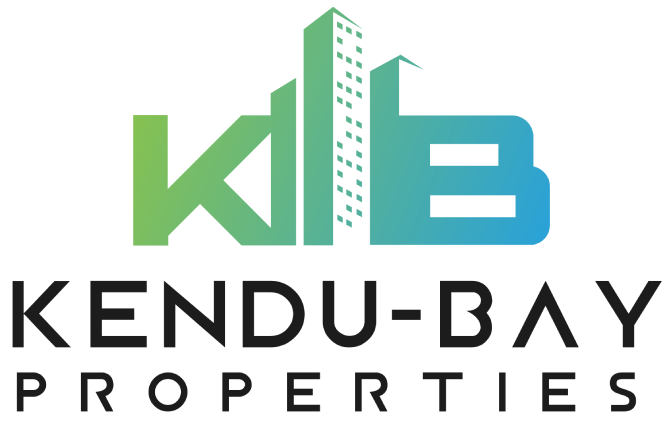Legal Disclaimer: We are not tax experts or professionals. This blog is our opinion to share with you about the benefits of using solo 401K. Please consult your tax advisor before taking any action.
Investing in real estate through a Solo 401(k) can be a powerful tool to build wealth and secure your financial future. This self-directed retirement account allows self-employed or small business owners without full-time employees to enjoy unique tax benefits while diversifying their real estate investment portfolio. In this article, we examine the ins and outs of setting up a Solo 401(k) for real estate investments and how it can pave the way for a more leisurely retirement with a
.
Understanding Solo 401(k) to invest in real estate
A Solo 401(k), also known as an Individual 401(k) or Self-Employed 401(k), is a qualified retirement plan designed for self-employed individuals or business owners with no full-time employees other than their spouses. It offers the same tax advantages as traditional 401(k) plans, including tax-deferred growth and potential employer contributions, but with added flexibility in investment options.
Eligibility and Contributions
To be eligible for a Solo 401(k), you must have self-employment income from freelance work, consulting, or a sole proprietorship or small business.
Advantages of Solo 401(k) to Invest in Real Estate
1. Checkbook Control
One of the most significant advantages of a Solo 401(k) is the option for checkbook control. With this feature, the account holder (you) acts as the trustee, giving you direct control over investment decisions. This level of control allows for quicker real estate transactions, eliminating the need for custodial approval for each investment.
2. Tax-Advantaged Growth
Similar to traditional 401(k) plans, Solo 401(k) contributions grow on a tax-deferred basis. You will only pay taxes on investment gains once you withdraw during retirement. This tax-advantaged growth can accelerate the development of your real estate investments over time.
3. Diversification and Wealth Building
A Solo 401(k) allows you to diversify your retirement portfolio beyond traditional stocks and bonds. By investing in real estate, you can benefit from capital appreciation, rental income, and the opportunity to use the property to create long-term wealth.
4. High Contribution Limits
The Solo 401(k) offers higher contribution limits than traditional IRAs or Roth IRAs, enabling you to contribute substantial pre-tax dollars to your retirement account. This feature accelerates your retirement savings while taking advantage of tax deductions.
5. Roth Option Availability
Some Solo 401(k) plans offer a Roth component, allowing you to make after-tax contributions. While these contributions won’t provide immediate tax benefits, they can grow tax-free, and qualified withdrawals during retirement are entirely tax-free.
Creating a Solo 401(k) for Real Estate Investment
To set up a Solo 401(k) for real estate investment, follow these steps:
Choose a Solo 401(k) Provider: Select a reputable Solo 401(k) provider that offers self-directed accounts and allows real estate investments.
- Establish the Plan: Work with the provider to establish your Solo 401(k) plan. Please provide information about your business structure and income.
- Fund the Account: Fund your Solo 401(k) with eligible contributions, such as elective deferrals and employer profit-sharing contributions.
- Find a Custodian for Real Estate Investments: Since real estate requires a custodian, work with your Solo 401(k) provider to find someone experienced in handling self-directed real estate investments.
- Identify Real Estate Investment Opportunities: Once your Solo 401(k) is set up, you can start identifying real estate investment opportunities that align with your financial goals and risk tolerance.
Important Considerations and Compliance
While Solo 401(k)s offer tremendous benefits for real estate investing, there are some important considerations and compliance requirements to keep in mind:
- Prohibited Transactions: Solo 401(k) holders must avoid engaging in prohibited transactions, such as self-dealing or using the account for personal gain before retirement.
- Ubit Tax: If your Solo 401(k) generates unrelated business income, such as rental income from leveraged properties, you may be subject to unrelated business income tax (UBIT).
- RMDs: Solo 401(k) holders must begin taking required minimum distributions (RMDs) by age 72 (starting in 2023) unless they are still actively working.
Conclusion
Creating a Solo 401(k) to invest in real estate is an intelligent strategy for individuals seeking tax-advantaged growth and a diversified retirement portfolio. With checkbook control, higher contribution limits, and the potential for tax-free growth (in the case of a Roth option), Solo 401(k)s offer a compelling path to building wealth and securing your financial future through real estate investment. However, it is essential to understand the compliance requirements and seek professional guidance to maximize the benefits of this powerful retirement savings tool. By leveraging the advantages of a Solo 401(k) and investing strategically in real estate, you can pave the way for a more prosperous and comfortable retirement journey.
PS: If you want to talk to a tax advisor specializing in this area, We know great tax advisors that we will be glad to connect you with so they can assist you. Please reach out to us if you want us to make the introduction.

